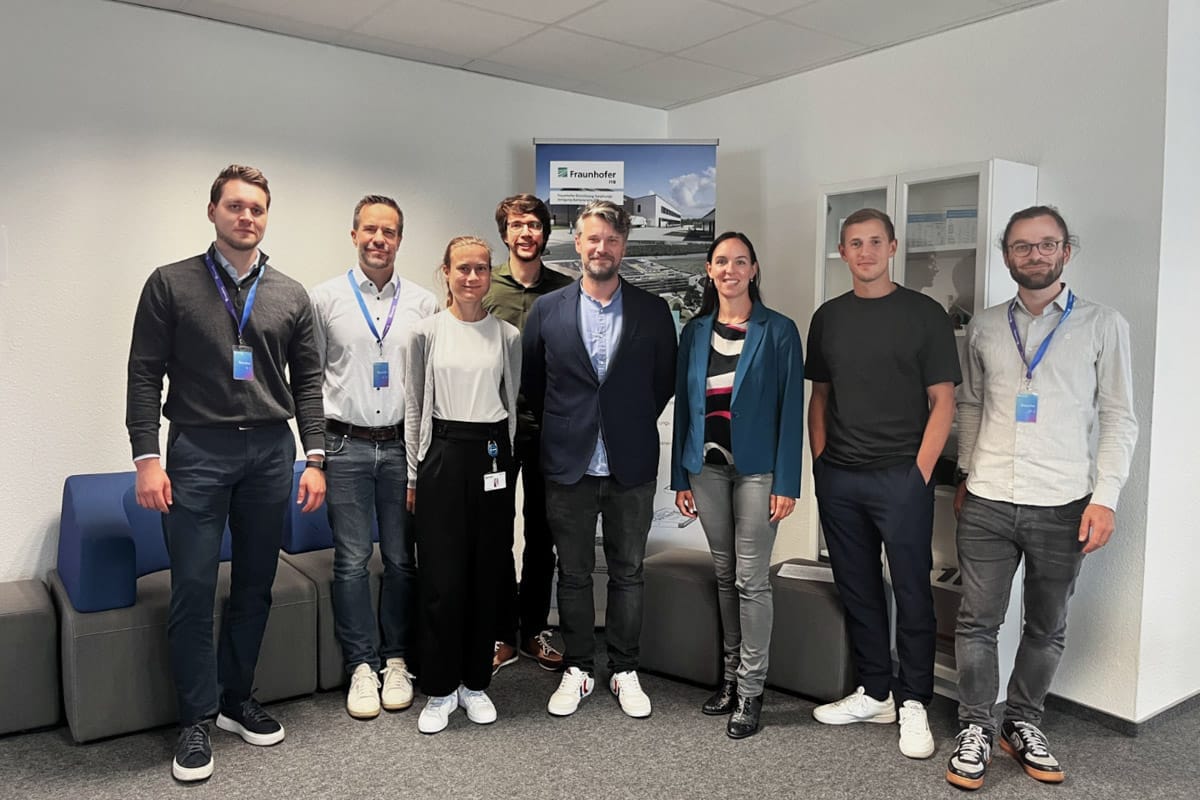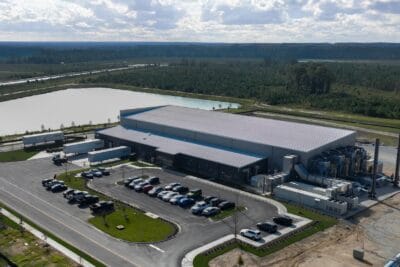Fraunhofer FFB and PEM research sodium-ion battery in project KOOP
The specific aim of the project, which is funded by the German Federal Ministry of Research, Technology and Space, is to “accelerate the industrialisation of innovative production and battery technologies.” As part of a concrete application scenario for the three-year project, the team is focusing on product and process development for a sodium-ion battery.
The focus here is on a hard carbon anode, which is to be produced using the trajectory mixing method, according to the press release. The process has the potential to reduce energy consumption by at least 50 per cent compared to conventional mixing methods. And not just on a small scale: one of the research objectives is to systematically scale up the mixing process to an industrial production plant while implementing quality assurance measures and process controls.
Another important aspect of KOOP is the type of cooperation: the partners want to focus on the speed of development. The delays that are common in the area of medium technology maturity levels, which arise when transferring new production technologies from laboratory scale to scaled application, should be avoided wherever possible. Fraunhofer FFB and PEM are therefore working according to the ‘highly cooperative scaling’ approach. “Challenges in knowledge and data transfer, as well as previously uncoordinated financing and scaling strategies, lead to idle times ranging from six months to several years,” says FFB Institute Director Professor Achim Kampker. This is set to change with KOOP.
“‘Highly Cooperative Scaling’ is intended to establish a systematic exchange of personnel, data, and management between innovators and Fraunhofer FFB,” according to the Münster-based Fraunhofer organisation. This will enable a rapid and comprehensive transfer of experience and expertise at the production facilities. “We are thus creating a common database that enables the rapid and secure exchange of information between partners, paving the way for the accelerated industrialisation of new technologies,” explains Moritz Schaefer, research associate at Fraunhofer FFB.
The data platforms are intended to minimise knowledge losses at the interface between the innovator and Fraunhofer FFB and enable access to all product development and process development data. In a working group at the management level, the participating institutions want to develop a joint scaling and transfer strategy that will be regularly updated. “This allows preparations – such as adjustments to plant technology or capacity planning – to be made at an early stage for the transfer of innovation, and it significantly shortens the time required,” says PEM management member Heiner Heimes. The KOOP project is intended to be nothing less than the blueprint for “highly cooperative scaling.”





0 Comments